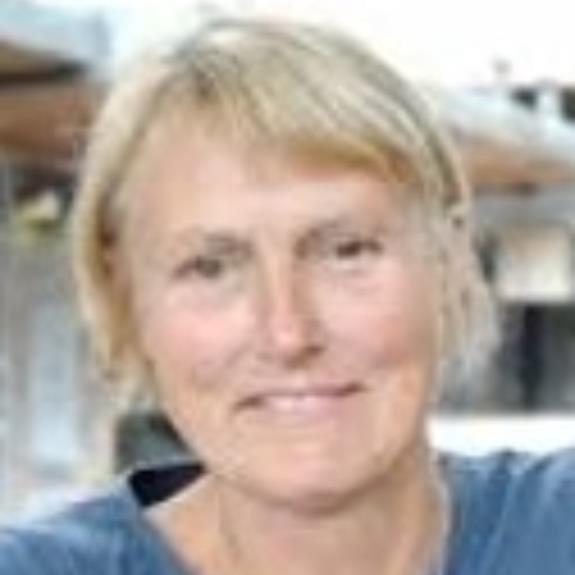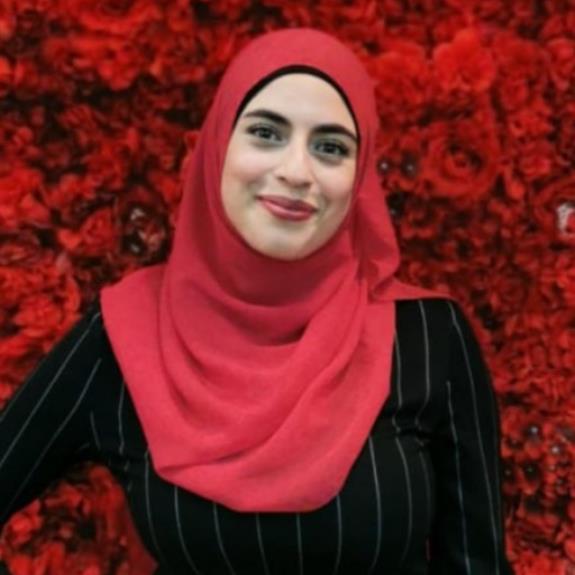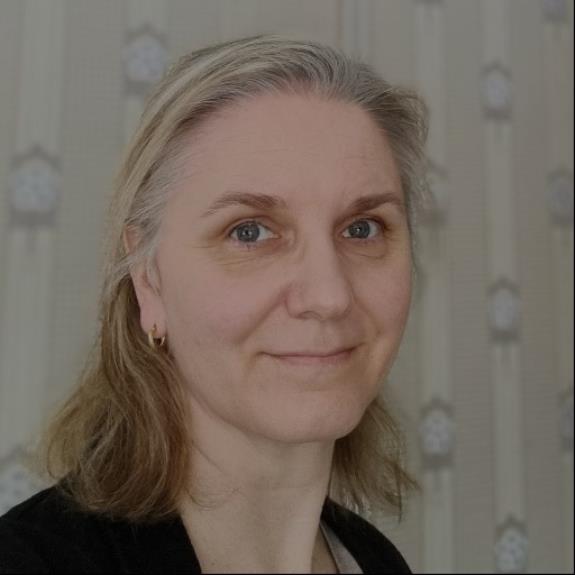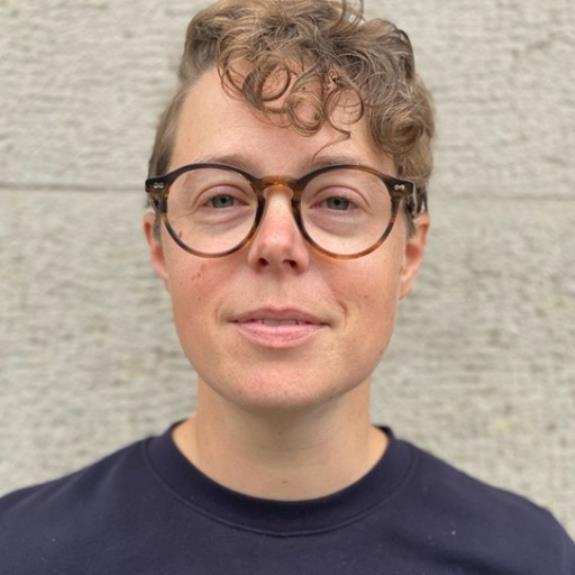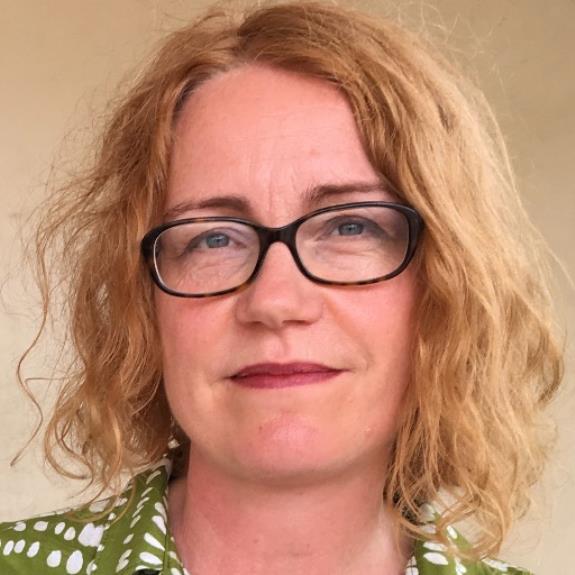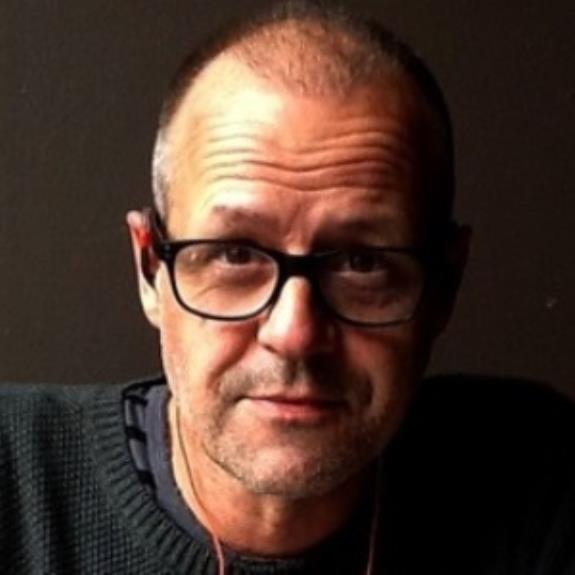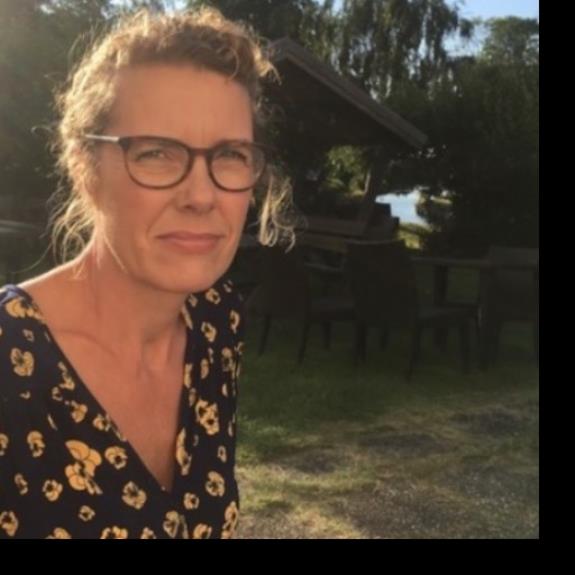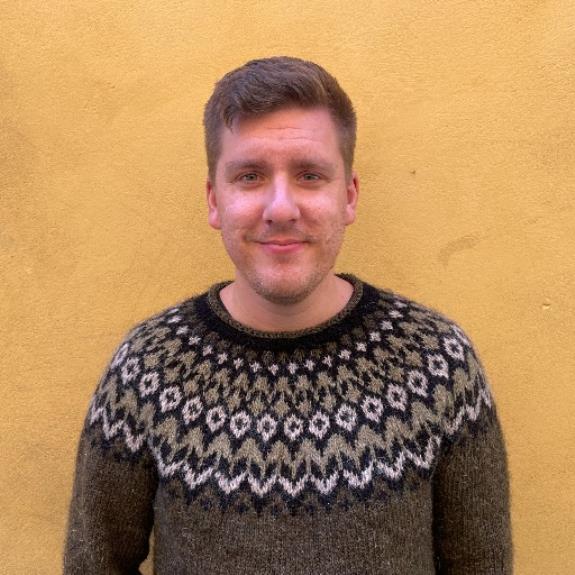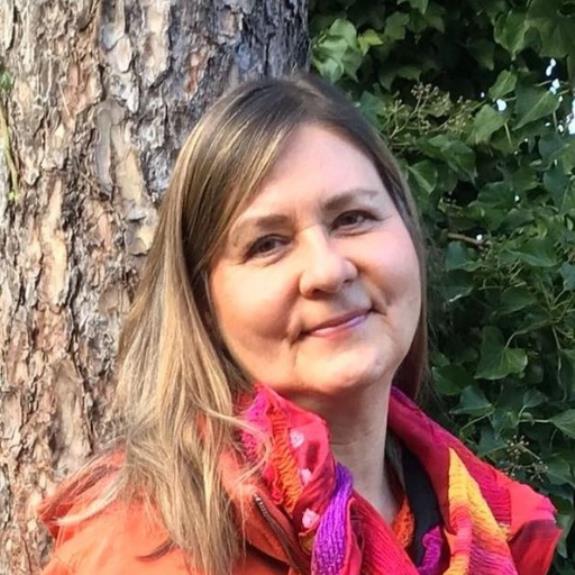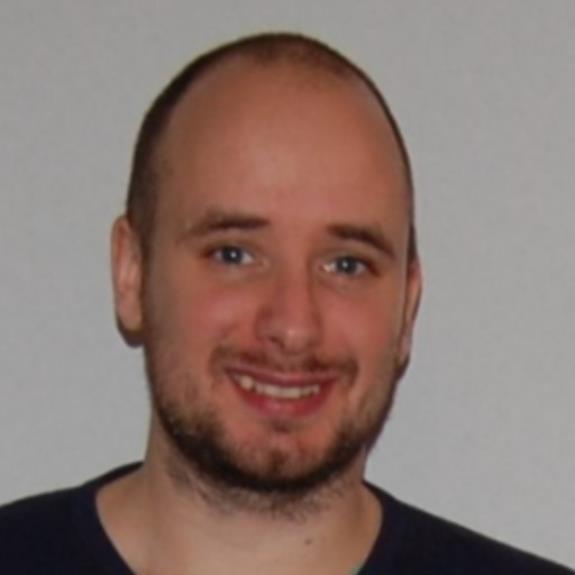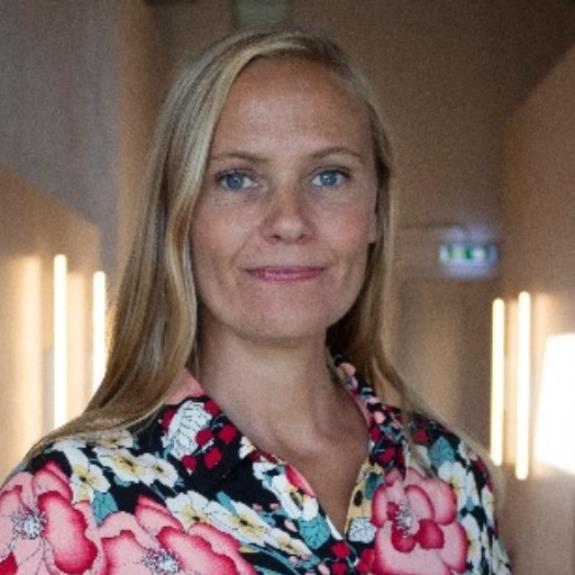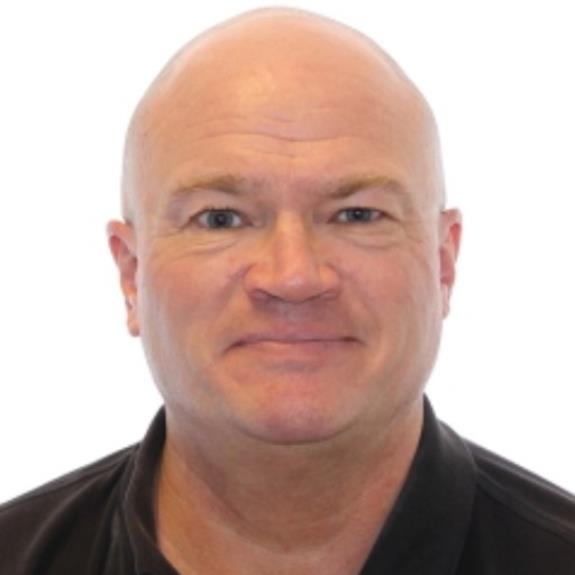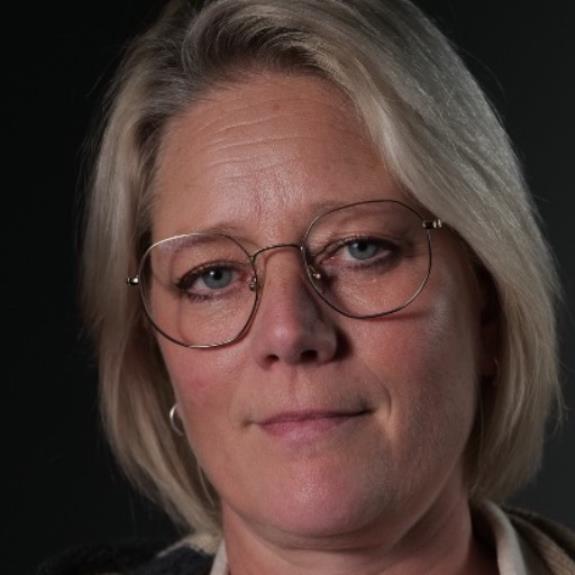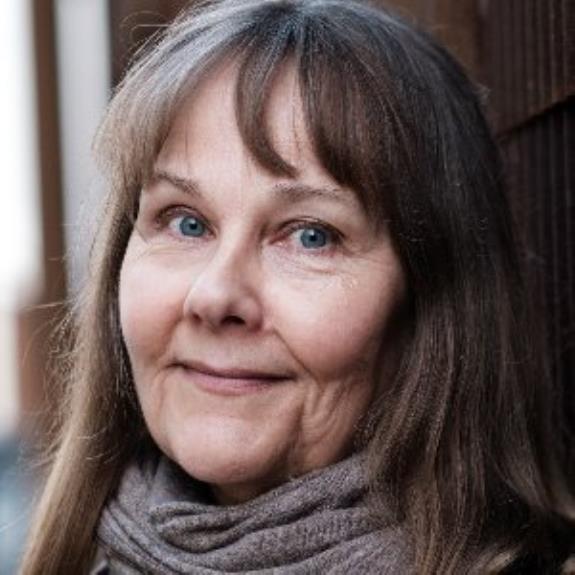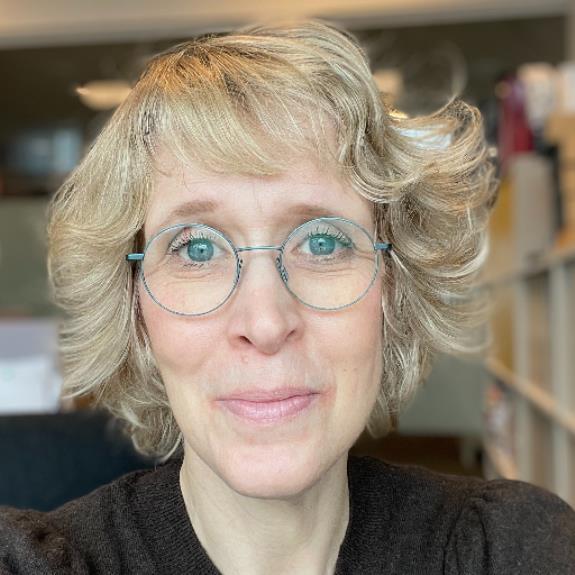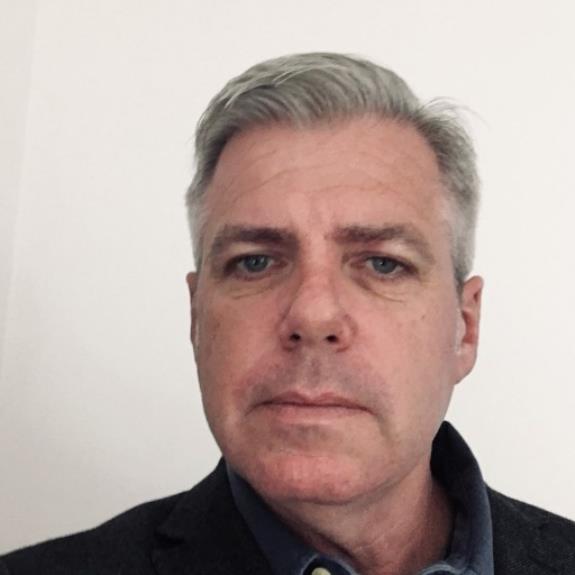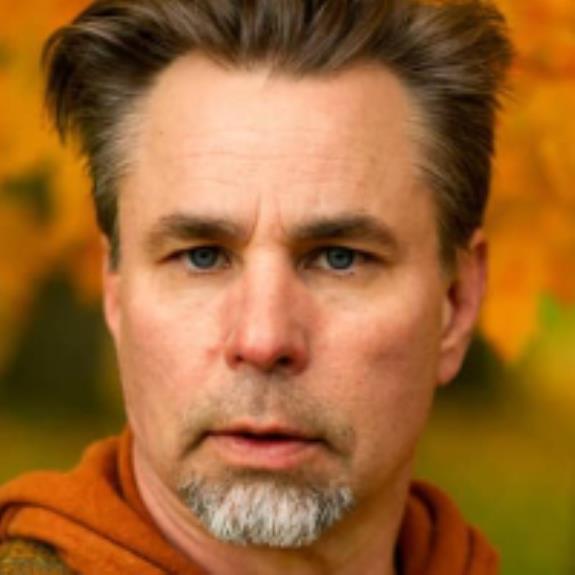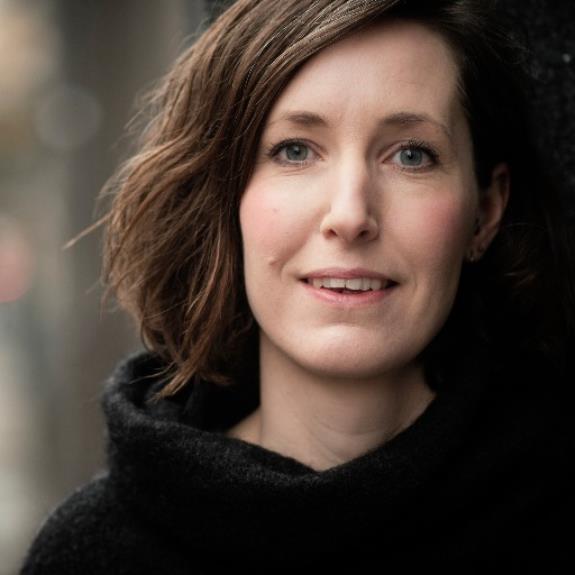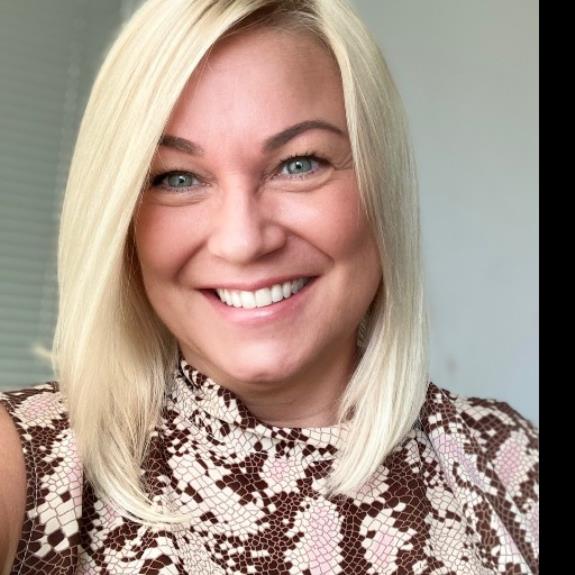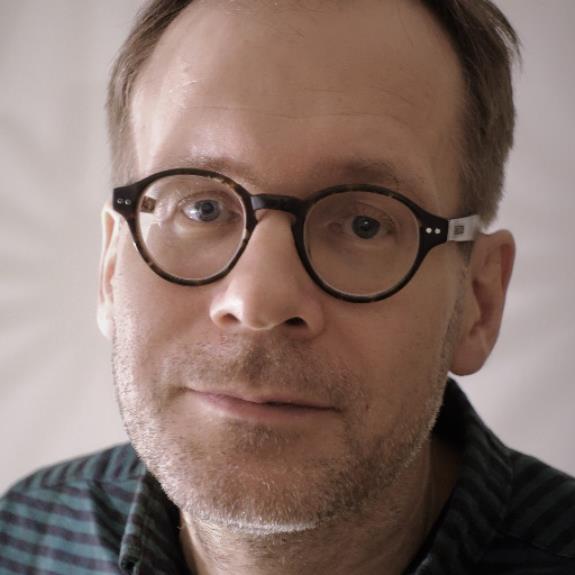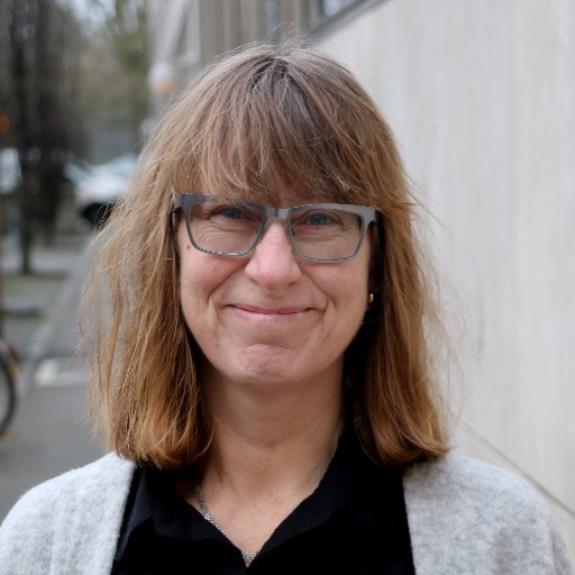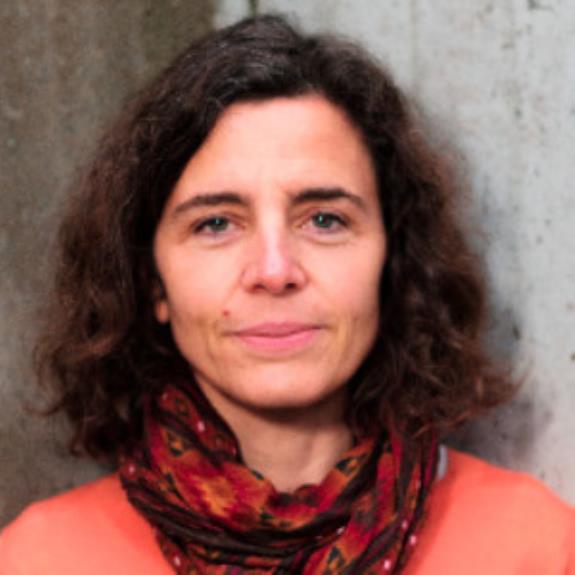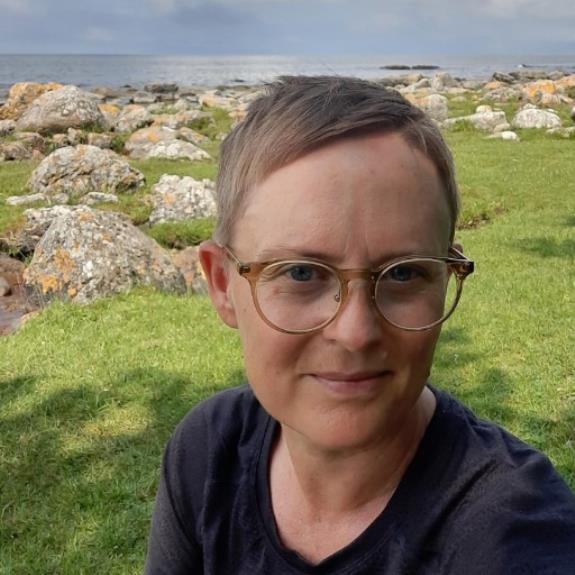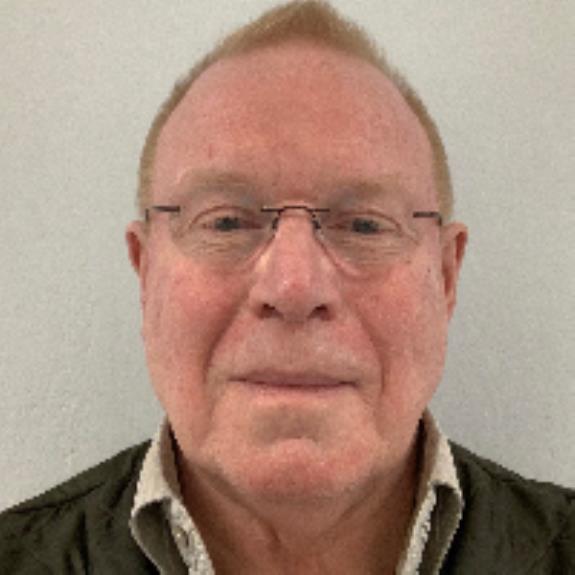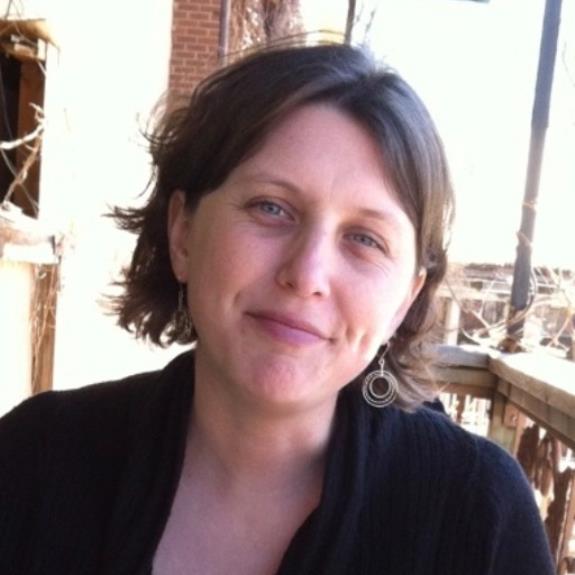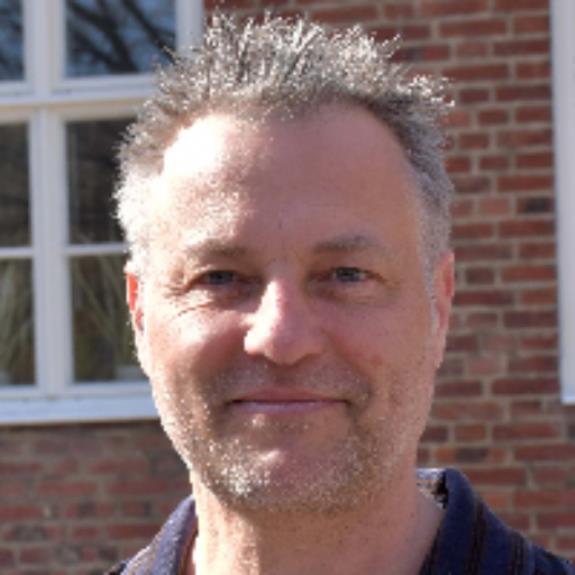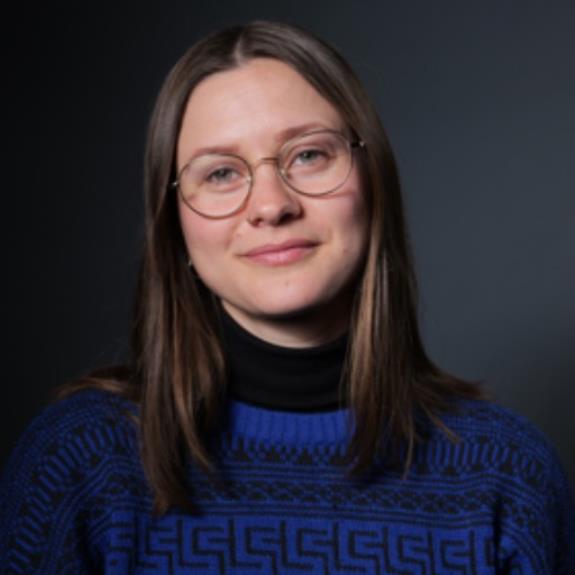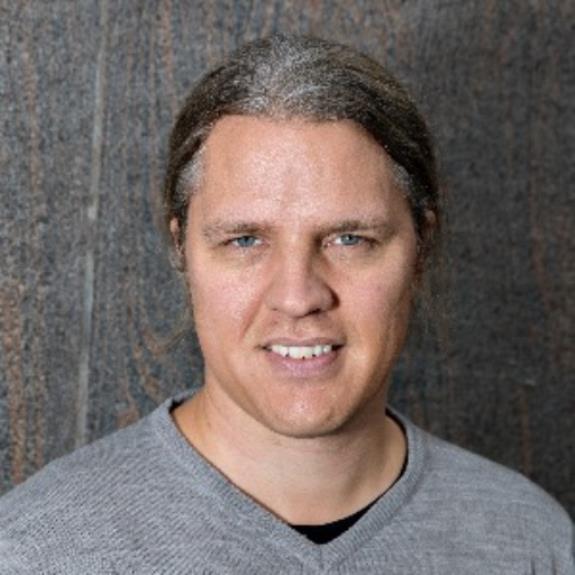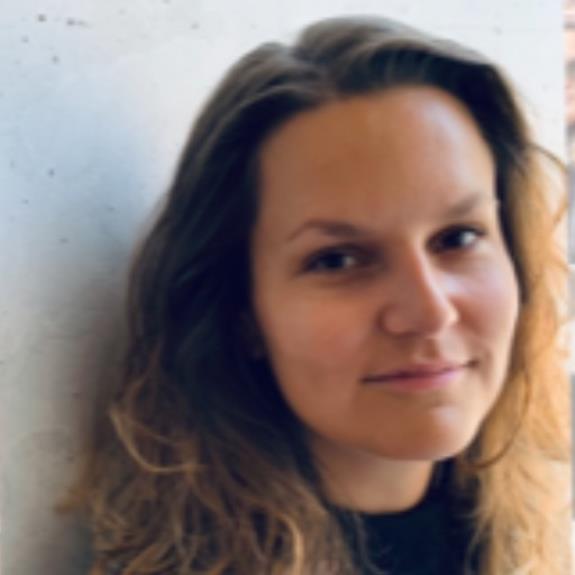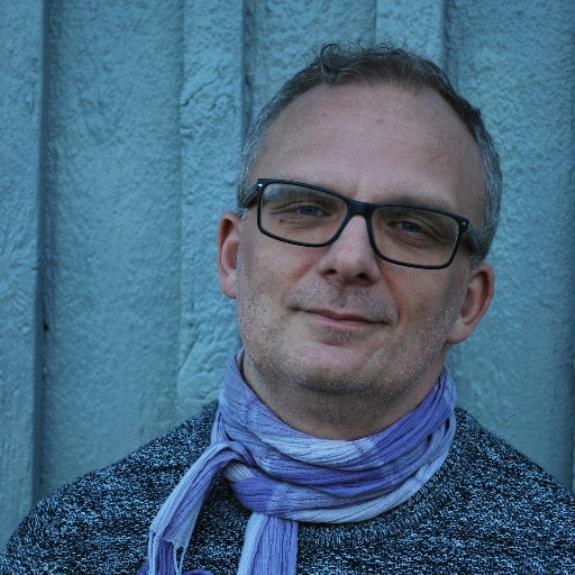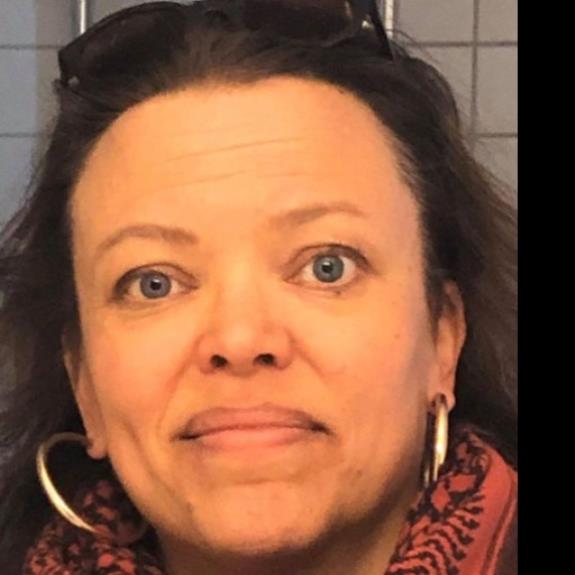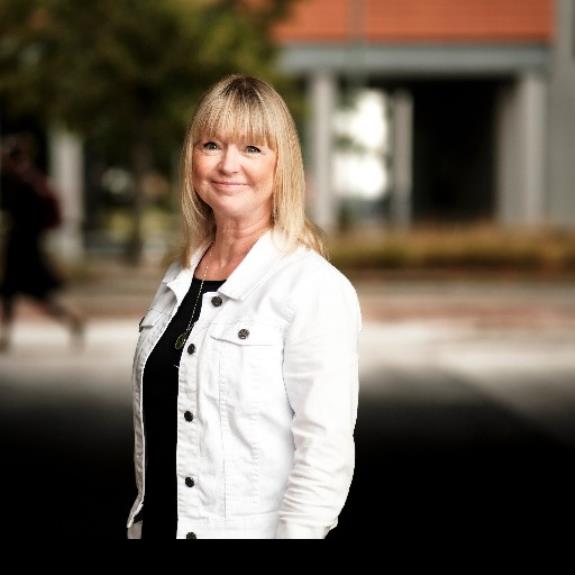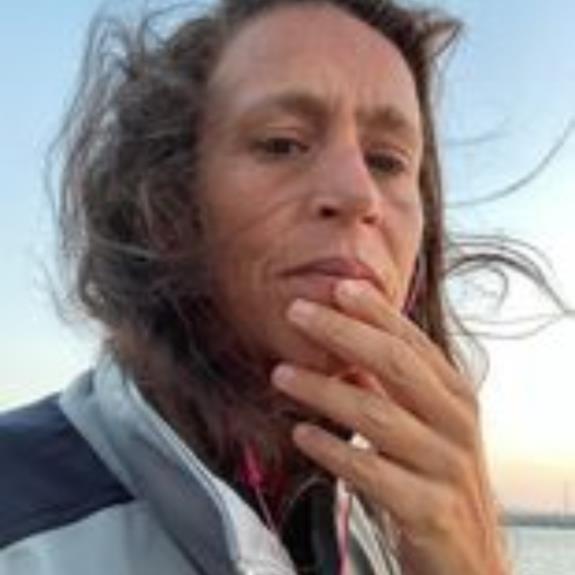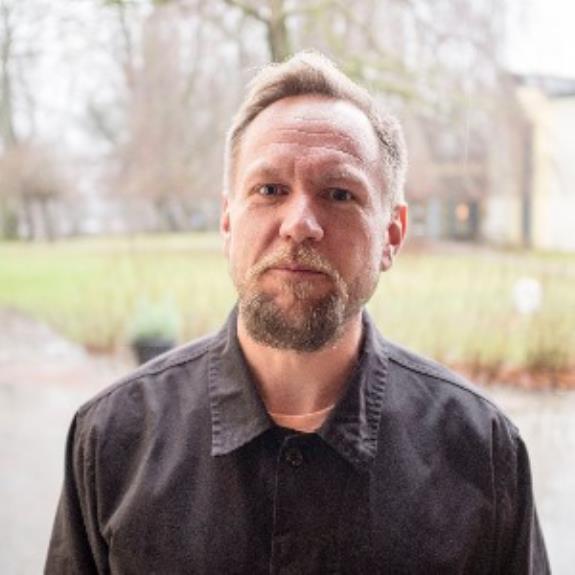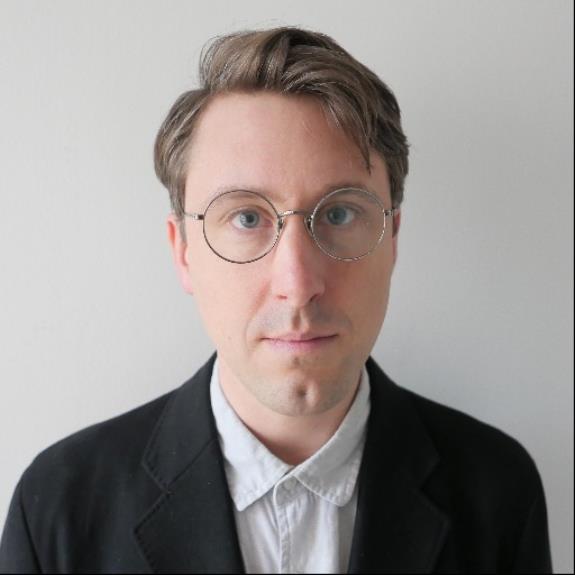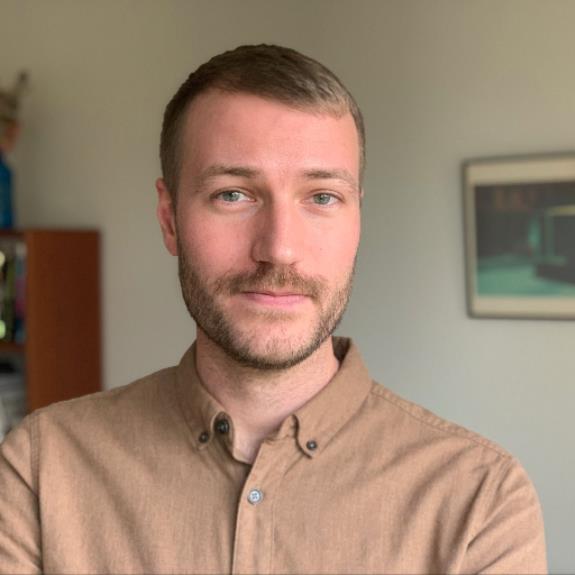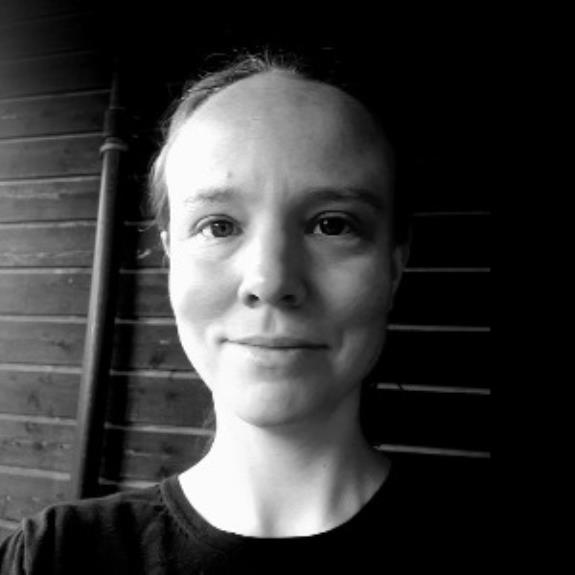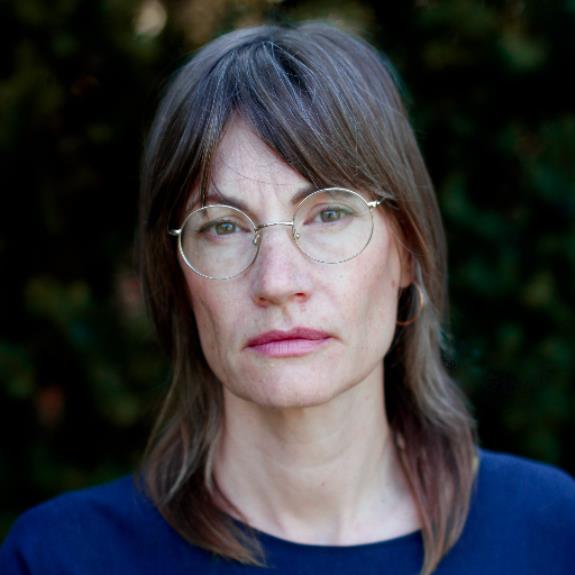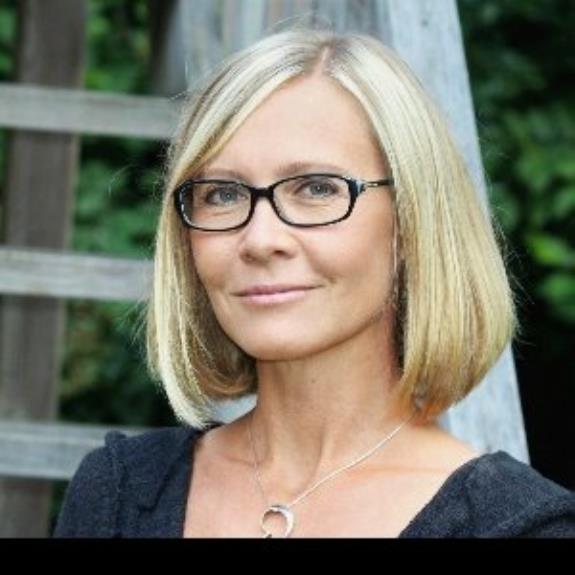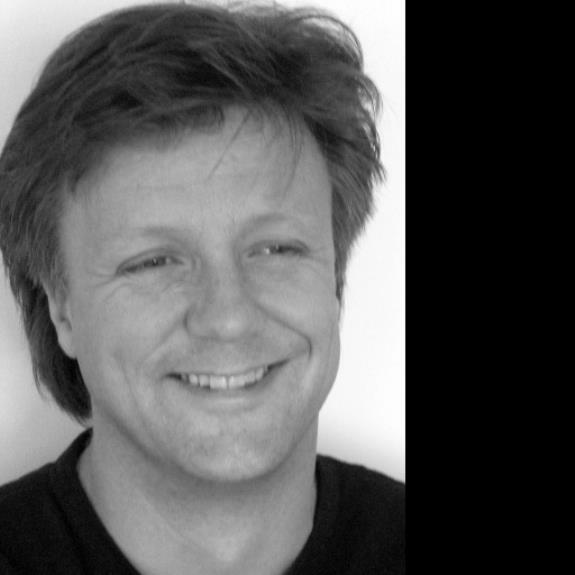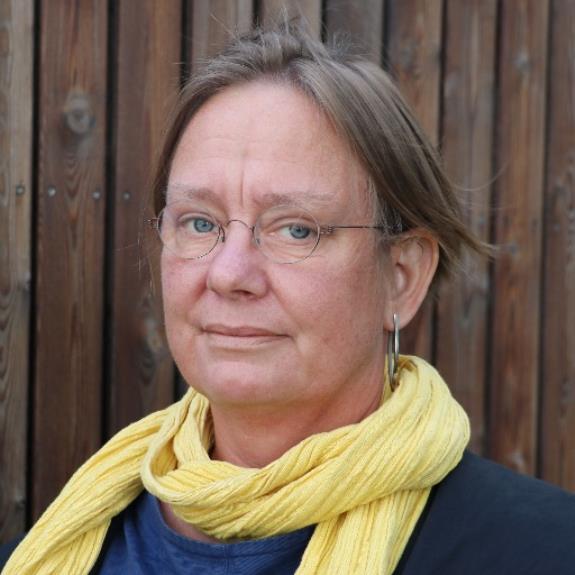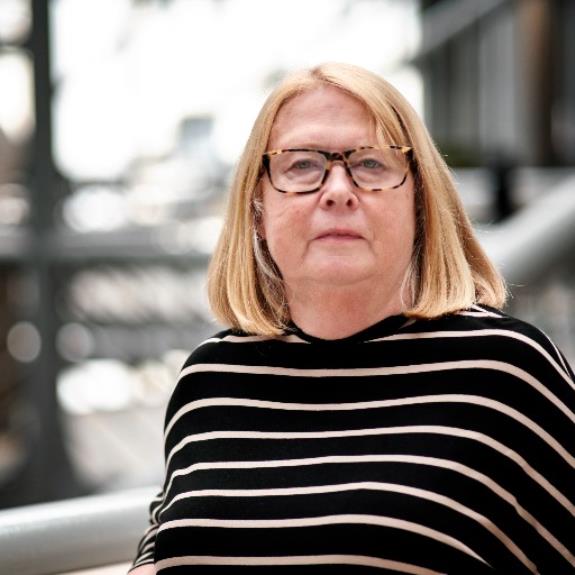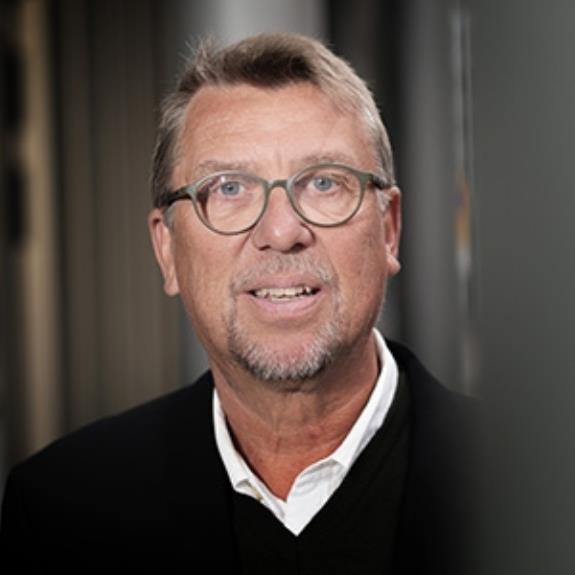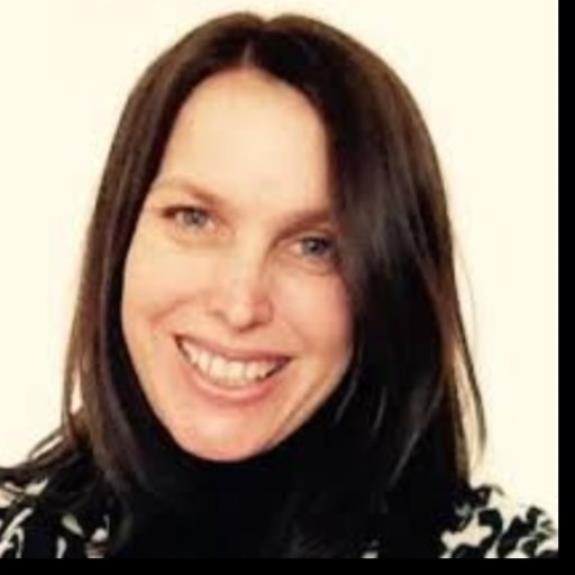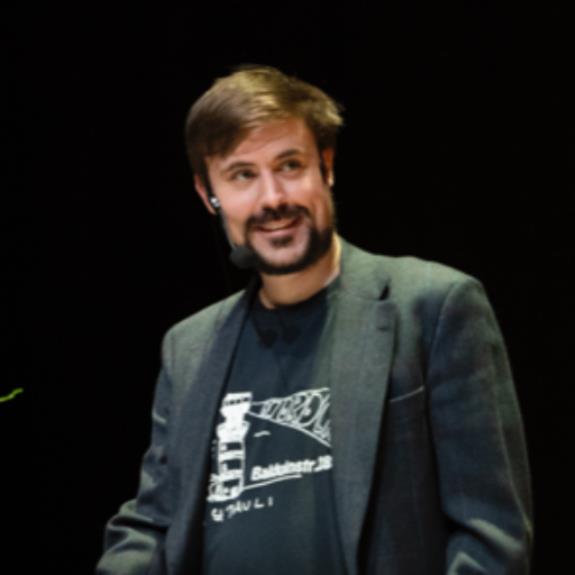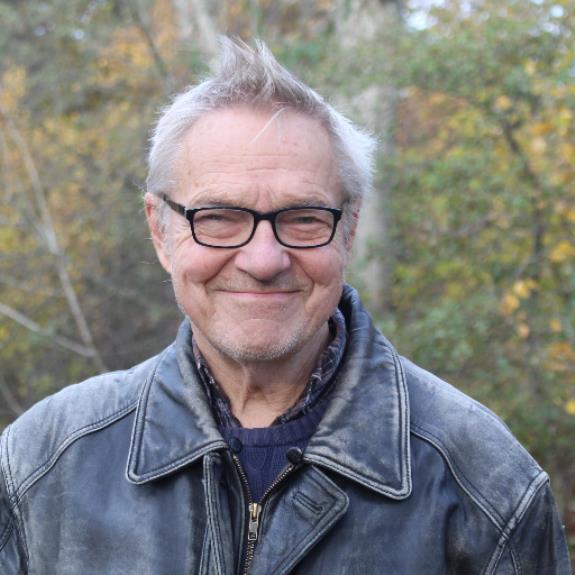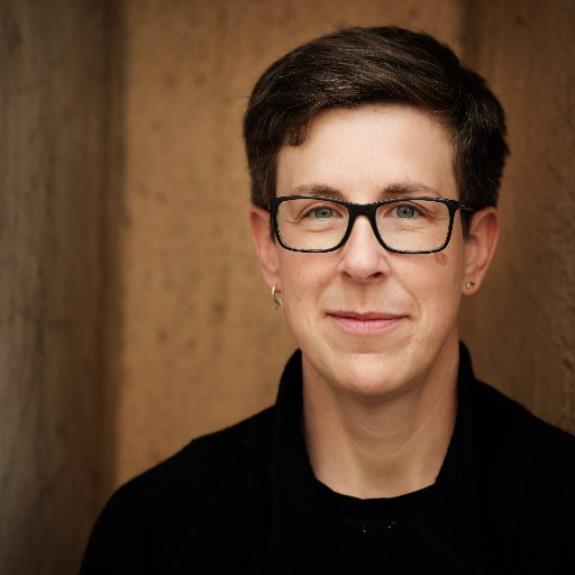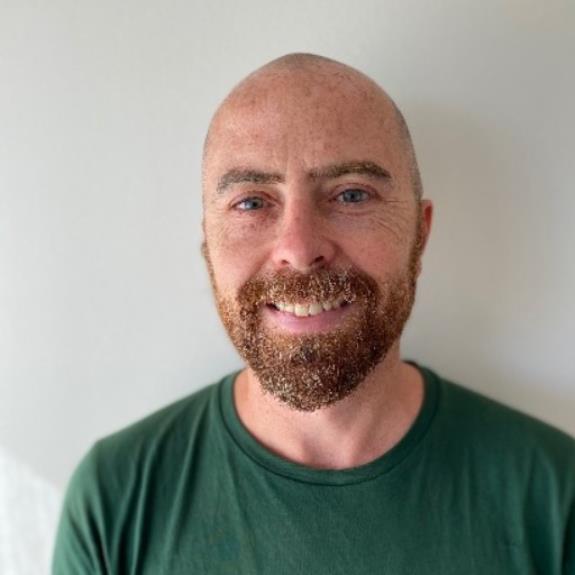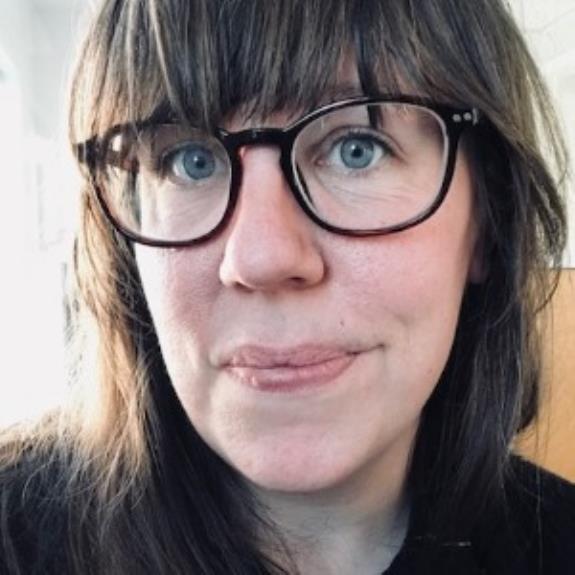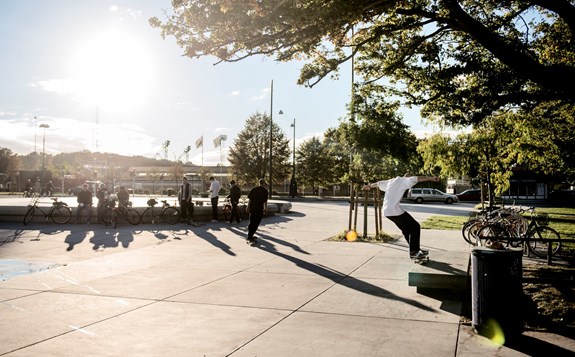We use cookies on this website. Cookies help us deliver the best experience on our website. Read about cookies.
-
- Education
- Education
- Programmes and courses
- Applications and admissions
- Tuition fees
- Scholarships
- Exchange studies at Malmö University
- Study Guidance
-
- After admission
- After admission
- Moving to Malmö
- Pre-orientation
- Arrival guide
-
- About studies at Malmö University
- About studies at Malmö University
- Why choose Malmö University
- Understanding university studies
- Connect with our students
On the page -
- Research
- Research
-
- Doctoral studies
- Doctoral studies
- Doctoral courses
-
- Doctoral schools
- Doctoral schools
- Adaptation of urban space through sustainable regeneration
- ComBine
- Culturally Empowering Education through Language and Literature
- Education, Learning and Globalisation
- Finding ways in a time of great future challenges (FinnFram)
- Swedish National Graduate School in Science and Technology Education Research
- Learning in Multicultural Societal Contexts
- Pedagogy and Vocational Skills
- Relevancing Mathematics and Science Education (RelMaS)
- Sustainable Movement Education
- The National Research School for Professionals in Social Services
- Research subjects
-
- Research centres
- Research centres
- Biofilms Research Centre for Biointerfaces
- Citizen Health
- Imagining and Co-Creating Futures
- Institute for Urban Research
- Malmö Institute for Migration Studies
- Literacy and Inclusive Teaching
- Centre for Work Life Studies
- Sustainable Digitalisation Research Centre
- Centre for Sexology and Sexuality Studies
-
- Research publications
- Research publications
- Search for research publications in Diva
- Malmö University Press
- Research events
- Participate in a research study
- Coffee Break Quiz
On the page -
- Collaboration and Innovation
- Collaboration and Innovation
-
- Levels of collaboration
- Levels of collaboration
-
- Local collaboration
- Local collaboration
- Muvah
- Regional collaboration
- National collaboration
-
- International collaboration
- International collaboration
- UNIC
- Innovation
- Collaboration with students
-
- Collaborate with researchers
- Collaborate with researchers
- Labs and facilities
- Culture collaboration
- Support Malmö University
- Alumni & Friends
On the page -
- About us
- About us
-
- Faculties and departments
- Faculties and departments
-
- Faculty of Culture and Society
- Faculty of Culture and Society
- Department of Global Political Studies
- School of Arts and Communication
- Department of Urban Studies
-
- Faculty of Education and Society
- Faculty of Education and Society
- Department of Childhood, Education and Society
- Department of Sports Sciences
- Department of Culture, Languages and Media
- Department of Natural Science, Mathematics and Society
- Department of Society, Culture and Identity
- Department of School Development and Leadership
- The Centre for Teaching and Learning (CAKL)
-
- Faculty of Technology and Society
- Faculty of Technology and Society
- Department of Computer Science and Media Technology
- Department of Materials Science and Applied Mathematics
- Faculty of Odontology
- University Dental Clinic
-
- Find and contact Malmö University
- Find and contact Malmö University
- Visit Malmö University
-
- News and press
- News and press
- Graphic manual
- Map of the buildings (Google Maps)
- Merchandise
- Supplier information and invoice management
- Whistleblowing
- We will help you with your questions
- Management and decision-making paths
-
- Malmö University's strategy 2030
- Malmö University's strategy 2030
- Sustainability
- Widened recruitment and participation
- Quality assurance work at the University
-
- Malmö Academic Choir and Orchestra
- Malmö Academic Choir and Orchestra
- Student work – video pieces
-
- Annual Academic Celebration
- Annual Academic Celebration
- Academic traditions
- Meet our new professors
- Meet our new doctors
- Honorary doctors
-
- The University in a troubled world
- The University in a troubled world
- Campus total defence
On the page
Social Work
The research subject social work concerns traditional social issues regarding the welfare of children and families, substance misuse and addiction, ageing, disability, and poverty and other manifestations of structural inequality. Research is carried out using both practical and theoretical knowledge models.
The focus of the research ranges from individuals and groups in vulnerable life situations to societal circumstances influencing people’s conditions and life chances. The research asks questions about how social vulnerability arises, and how to prevent and counteract it. It is about how social work can be organised in terms of interventions and mobilisation, and also about the organisation and impact of welfare and social-political measures. The user perspective, as well as that of social workers and professionals, inform the research.
Research also deals with issues connected to experiences of migration processes, encounters with welfare institutions, as well as the response of social work to migration and diversity.
Other important elements of research are sexuality studies, and issues related to sustainable urban development.
Researchers, publications and projects
-
2026 | Article in journal
'We don't cooperate with the police': an ethnographic study of statutory social workers' firewall practices to resist direct involvement in migration control in Finland
Valter Sandell-Maury
-
2026 | Report
Ensamförsörjartillägg i barnbidraget – även i Sverige?
Tapio Salonen
-
2026 | Article in journal
Providing Parental Education to Mothers with Immigrant Backgrounds in Sweden - Course Leaders' Views of the Self-Assured Parents Programme
Johan Nordgren, Sabina Kapetanovic, Therése Skoog
-
2026 | Article in journal
Resistance to accessibility improvements in publicly accessible buildings
Ilaria Faranda, Hanna Egard, Luca Pareschi, Luigi Maria Sicca
-
2026 | Article in journal
Psychosocial Interventions Preventing Gang-Related Crime Among Young People: A Systematic Review
Caroline Mellgren, Amir Rostami, Manne Gerell, Joakim Sturup, Thomas Hartvigsson, Christian Munthe, Johan Bring, Uliana Hellberg, Ann Kristine Johnsson, Sara Fundell, Knut Sundell
-
2025 | Article in journal
Utestänga eller undanta?: Om aktivering avförsörjningsstödstagare nära pensionsålder
John Brauer, Alexandru Panican, Anders Jönsson
-
2025 | Report
Samverkan mellan kommuner och Arbetsförmedlingen: Från samverkansarrangemang till att "vi bygger vägen samtidigt som vi kör"
Alexandru Panican, Rickard Ulmestig, Jonas Månsson
-
2025 | Report
Vardagskunskap hos nyantagna studenter till en socialpedagogisk utbildning med inriktning mot funktionsnedsättning: implikationer för utbildningsanordnare
Per Germundsson, Ingrid Runesson
-
2025 | Article in journal
Arab Immigrant Families in Sweden: Integration Opportunities and Parenting Challenges in Relation to Educational Inclusion and Involvement - An Ethnographic Study
Laid Bouakaz, Dennis Beach, Bilal Zakarneh
-
2025 | Report
Ekonomiskt stöd till ensamstående föräldrar: En litteraturöversikt med nedslag i Finland, Norge och Danmark
Henrika Kangas
-
 Research project
Research projectCan quality care improve health and prevent FGM/C? A study on needs, experiences, and protective factors using mixed methods
camilla.palm@mau.se -
 Research project
Research projectThe right to give rights. Welfare professionals as guardians of undocumented migrants’ human rights.
jacob.lind@mau.se -
 Research project
Research projectExperiences and Expectations of Work among Ugandan LGBT+ Activists: Imaginaries of Decent Work Futures in a Global, Mobile & Connected World
jakob.svensson@mau.se -
 Research project
Research projectMigration and cultural adaptation in relation to change in body-image and attitudes toward female genital mutilation/cutting
camilla.palm@mau.se -
 Research project
Research projectChildren's experiences of being born through surrogacy
anna.arvidsson@mau.se -
 Research project
Research projectHuman Rights Mobilisation of Welfare Professionals Against the Informers Act - Arguments, Strategies and Practices (HUMASP)
jacob.lind@mau.se -
 Research project
Research projectWhat is Successful Sexual Aging? A Cross-cultural Mixed Methods Assessment (HEALTHSEXAGE project)
charlotta.lofgren@mau.se -
 Research project
Research projectStrategies to improve access to sexual and reproductive healthcare among young people with migration experience: a pilot study
catrine.andersson@mau.se -
 Research project
Research projectA new child poverty : housing as a cause and consequence of family poverty in a conditional welfare state
martin.grander@mau.se -
 Research project
Research projectComparative Analysis of Sexuality Education Policies and Implementation Strategies in South Africa and Sweden
mats.lundstrom@mau.se -
 Research project
Research projectA guide for conversations with young people about sexuality and female genital mutilation/cutting
camilla.palm@mau.se -
 Research project
Research projectPracticing Hope: Challenging myths and changing narratives of youth in super-diverse urban communities (YouHope)
jacob.lind@mau.se -
 Research project
Research projectSexual health and relapse prevention for adults with substance abuse: Evaluation of a manualized intervention and continuous education of...
marie.e.karlsson@mau.se -
 Research project
Research projectSexual health among young people in secure state care
torkel.richert@mau.se -
 Research project
Research projectSexuality in an international perspective: A comparative analysis
eva.elmerstig@mau.se -
 Research project
Research projectOrganizational resilience and disaster preparedness in Swedish Social Services
ann.edlund@mau.se -
 Research project
Research projectOpinions, experiences, and emotions in the classroom. Exploring the learning environment for deep learning in a course on sexual and...
camilla.palm@mau.se -
 Research project
Research projectUnderstanding epilepsy: Knowledge, education and stigmatisation, 1950-2020
matilda.svensson@mau.se -
 Research project
Research projectDevelop and adapt trauma treatment and care services for women who have experienced armed conflicts and forced migration
marie.e.karlsson@mau.se -
 Research project
Research projectMission driven area-based initiative for health and well-being
martin.grander@mau.se -
 Research project
Research projectPreventing sexual harassment in academia - reflections among university students
charlotta.lofgren@mau.se -
 Research project
Research projectSocial Validation - A Study on the Socialization Process of Newly Arrived Children and Adolescents
dawan.raoof@mau.se -
 Research project
Research projectExpectations and responsibility: education for and with family carers who care for a relative with dementia
asa.alftberg@mau.se -
 Research project
Research projectChildren and youth integration through sport. Examples of Sweden and Uganda
thomas.persson@mau.se -
 Research project
Research projecteHealth support to improve the care process for patients and partners who are involuntary childlessness
eva.elmerstig@mau.se -
 Research project
Research projectSex Education and Disability in Tanzania
charlotta.lofgren@mau.se -
 Research project
Research projectWorking with the updated sexuality education directives: A process-oriented practice-based study in a Swedish municipality
-
 Research project
Research projectDrugs as a Companion: A Qualitative Study of Aging with Long-Term Drug Use
olivia.liahaugen@mau.se -
 Research project
Research projectAlternative communication in residential care homes for older people
dana.hagstrom@mau.se -
 Research project
Research projectChildren Entitled to Support under the LSS – Parents’ Experiences of Encounters with the Welfare System’s Organization
vjollca.haxha@mau.se -
 Research project
Research projectOn-going research on living conditions and social initiatives in Malmö's marginalised housing areas
martin.grander@mau.se -
 Research project
Research project"A hand appeared suddenly” – Experiences and reflections of sexual harassment among students and PhD-students
mika.hagerlid@mau.se
Research environments
Centre for Sexology and Sexuality Studies (CSS)

Centre for Sexology and Sexuality Studies (CSS)
The Centre for Sexology and Sexuality Studies carries out multidisciplinary research on sexuality from social science, humanistic, medical and clinical perspectives. Our aim is to develop and stimulate faculty-wide research in sexology and sexuality studies, and also to strengthen national and international research collaboration within the field.
Malmö Institute for Studies of Migration, Diversity and Welfare (MIM)
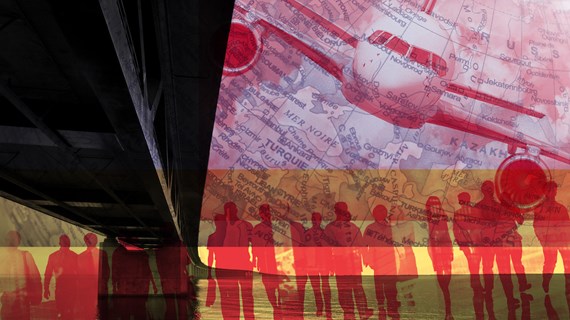
Malmö Institute for Studies of Migration, Diversity and Welfare (MIM)
Malmö Institute for Studies of Migration, Diversity and Welfare (MIM) is an international research centre with a multidisciplinary profile and a strong international presence.
Doctoral studies in Social work
Malmö University offers Doctoral studies in Social work.
Social Work is a study of individuals and groups in vulnerable life situations and of social conditions that affect people’s living conditions.
The studies take their point of departure in social problems but also include factors and strategies that prevent and counteract social marginalisation and exclusion. Social work also comprises studies of the social interventions and of the human service organisations which provide such interventions.
Other topics related to this subject
The Social Work Education Podcast
The Social Work Education Podcast
The podcast explores social work education in different regions and from different perspectives – in the east, west, north and south. It is produced by the Department of Social Work in collaboration with the European Association of Schools of Social Work (EASSW) and features voices and experiences from educators across the network.
